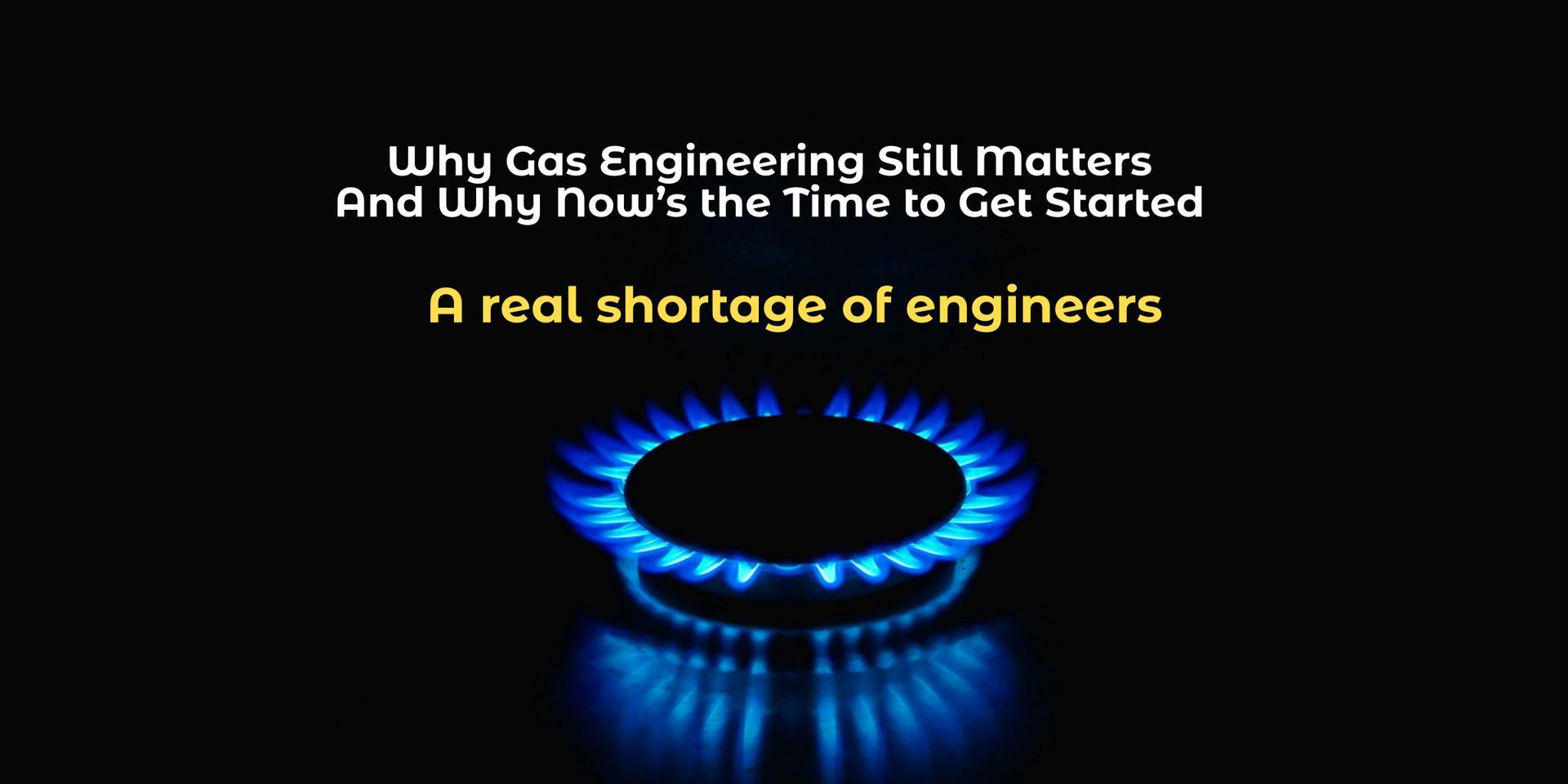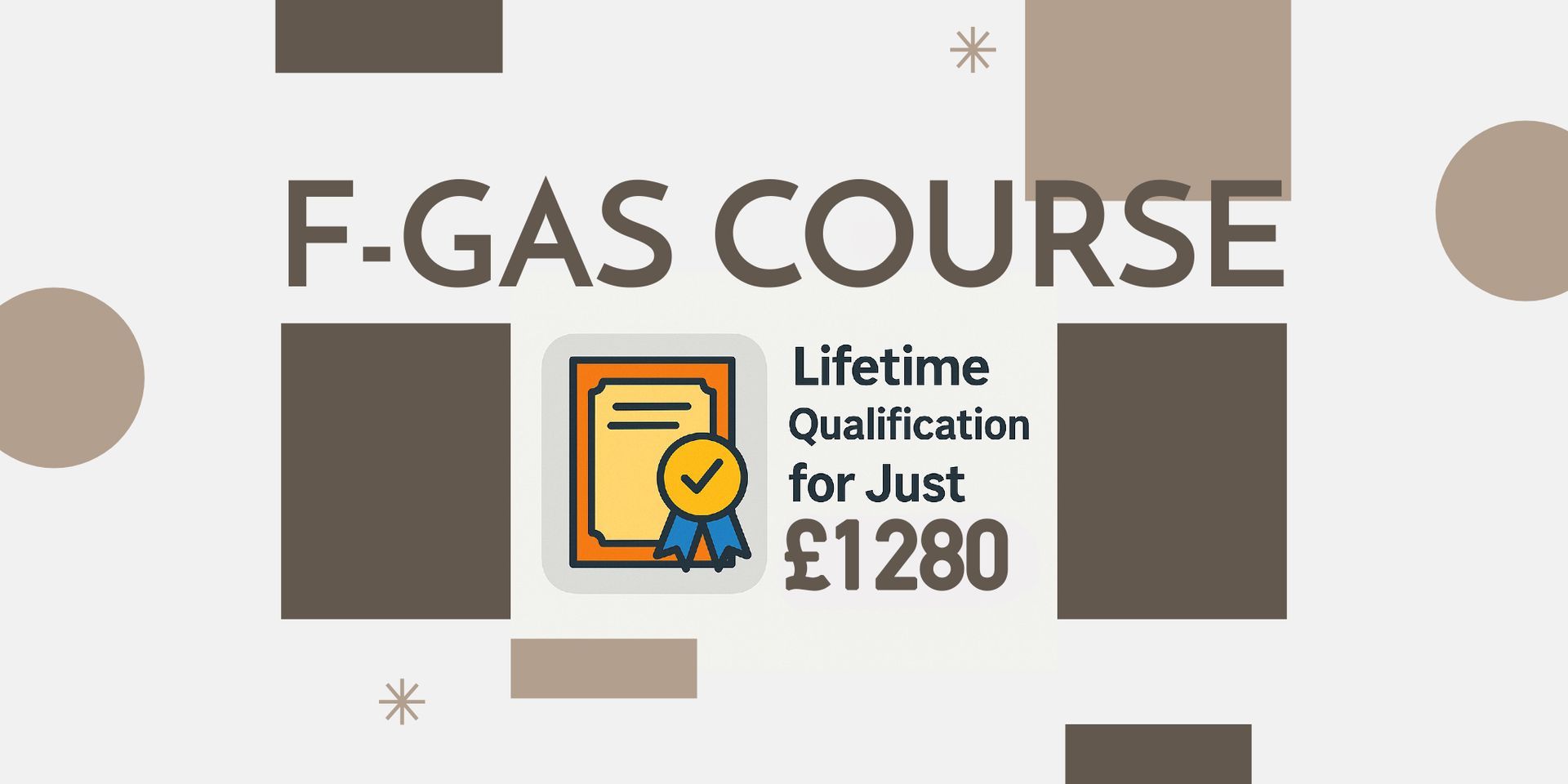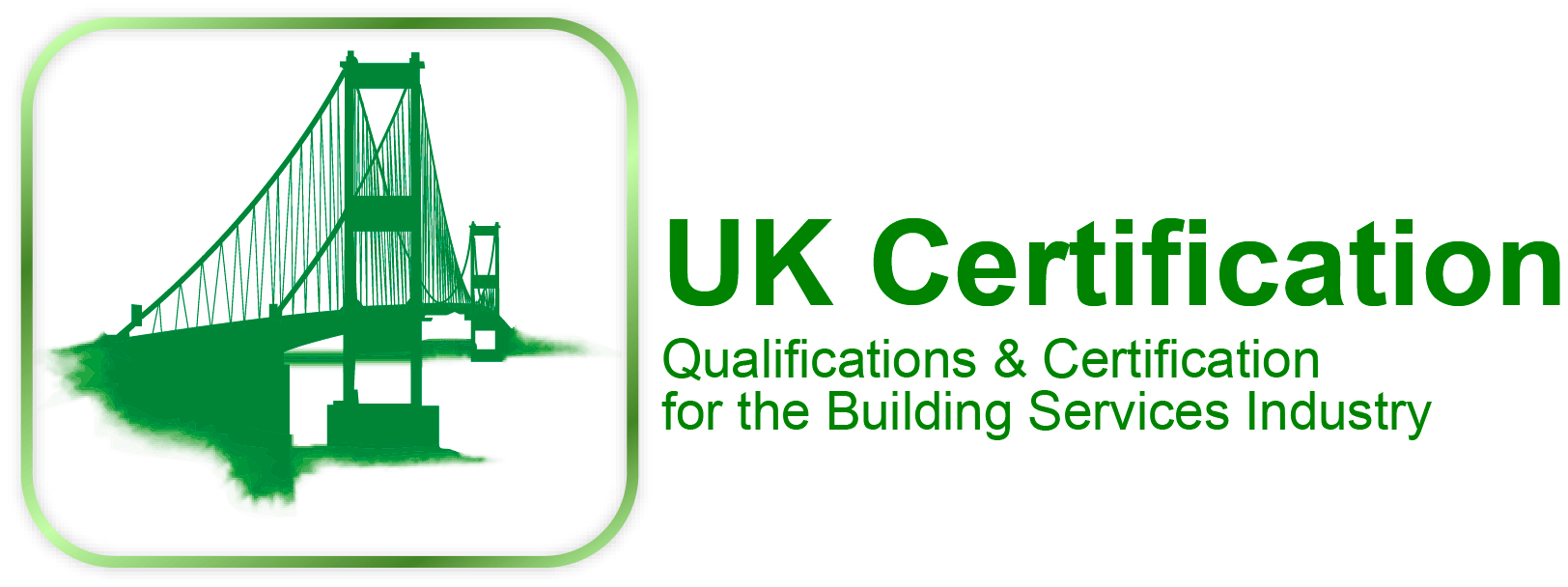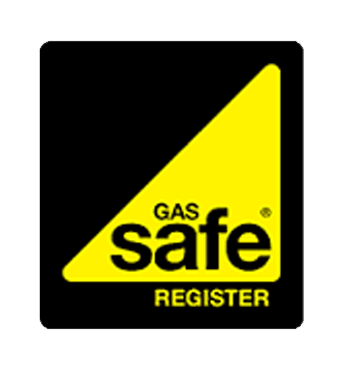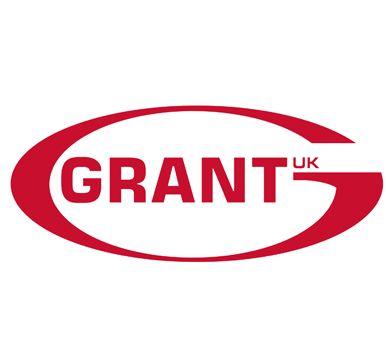How To Become A Gas Engineer?
Getting Started on Your Journey to Becoming a Gas Engineer
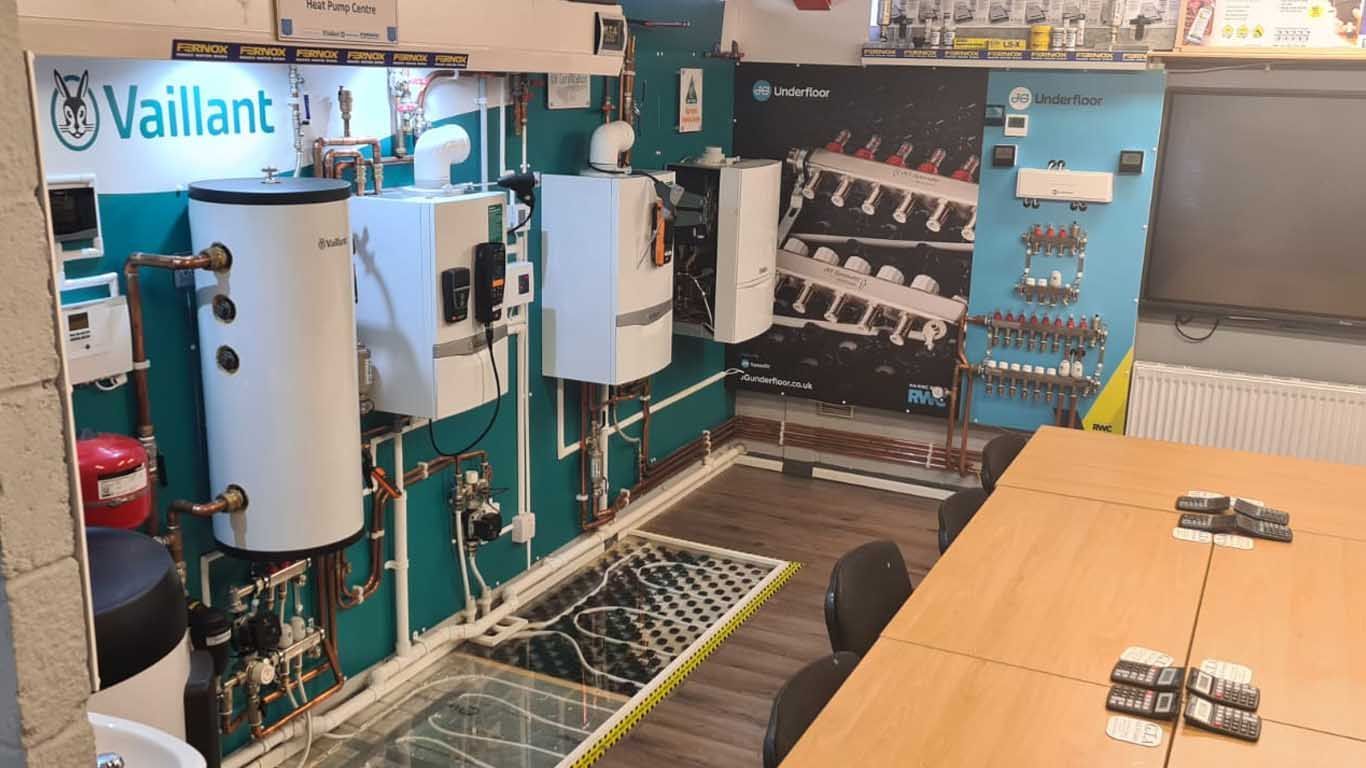
Are you considering a career as a gas engineer? The path to becoming a skilled professional in this field is both rewarding and challenging. At Gas Training Assessment, we understand that starting this journey can feel overwhelming, but we're here to guide you every step of the way. In this article, we'll explore the essentials of embarking on a career as a gas engineer, including the best beginner's courses and what you'll need to succeed.
Understanding the Role of a Gas Engineer
Before delving into the specifics of training and education, it's important to understand what a gas engineer does. Gas engineers are responsible for installing, maintaining, and repairing gas appliances and systems in residential, commercial, and industrial settings. This can include everything from boilers and central heating systems to gas cookers and fires.
Choosing the Right Training Course
One of the first steps in becoming a gas engineer is to enrol in a reputable UKAS accredited centres/courses. The best beginner's course will provide you with a solid foundation of knowledge and skills to kickstart your career. Look for courses that are accredited by relevant industry bodies, such as the Gas Safe Register in the UK.
At Gas Training Assessment, we offer comprehensive training programmes designed to equip you with the practical skills and theoretical knowledge needed to succeed as a gas engineer. Our courses cover topics such as gas safety regulations, appliance installation and maintenance, and troubleshooting techniques.
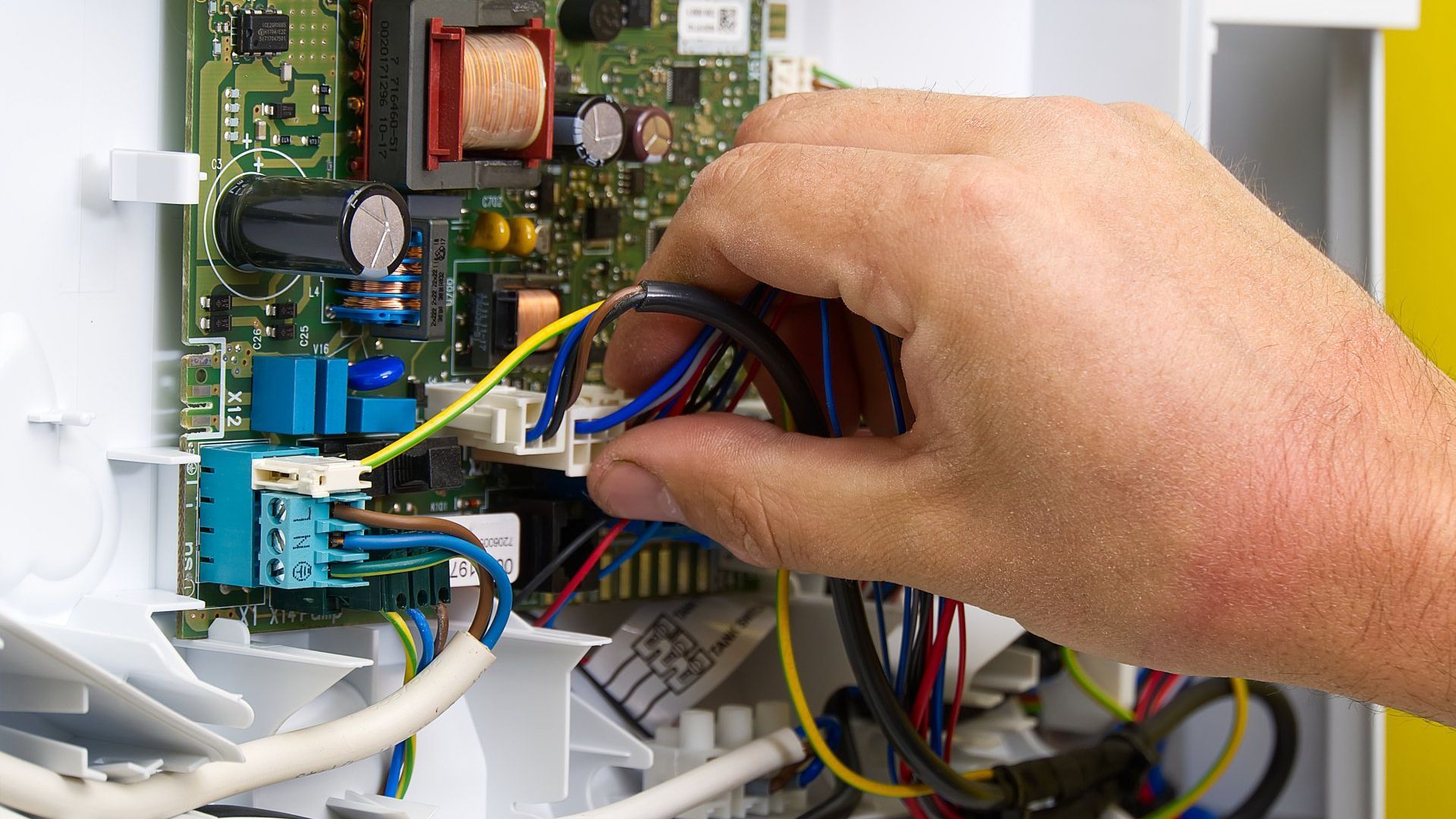
Prerequisites and Entry Requirements
While specific entry requirements may vary depending on the course provider, there are some common prerequisites for aspiring gas engineers. These typically include:
1. Minimum Age: You must be at least 18 years old to enrol in a gas engineering course.
2. Educational Qualifications: While formal qualifications are not always required, having a good understanding of subjects like mathematics, physics, and technology can be beneficial.
3. Health and Safety Awareness: A commitment to health and safety is essential in this field, so courses may require you to demonstrate awareness of relevant regulations and guidelines.
Gaining Practical Experience
In addition to completing a training course, gaining practical experience is crucial for aspiring gas engineers. Many courses include hands-on training modules where you can apply your knowledge in real-world scenarios under the guidance of experienced instructors.
Consider seeking out apprenticeship opportunities or entry-level positions with established gas engineering firms. This will allow you to further develop your skills while gaining valuable experience in the field.
Obtaining Certification
Once you've completed your training and gained sufficient experience, the next step is to obtain professional certification. In the UK, this typically involves becoming Gas Safe registered, which is a legal requirement for anyone working with gas appliances.
To become Gas Safe registered, you'll need to pass a series of assessments to demonstrate your competence in working safely with gas. This may include practical assessments, written exams, and on-site inspections.
Continuing Professional Development
The field of gas engineering is constantly evolving, so it's essential to stay up-to-date with the latest industry developments and regulations. Consider undertaking further training and continuing professional development (CPD) activities to enhance your skills and knowledge throughout your career.
Conclusion
Embarking on a career as a gas engineer requires dedication, hard work, and a commitment to ongoing learning. By choosing the right training course, gaining practical experience, and obtaining professional certification, you can lay the foundation for a successful career in this rewarding field.
At Gas Training Assessment, we're dedicated to helping aspiring gas engineers achieve their goals. With our comprehensive training programmes and expert guidance, you can take the first steps towards a fulfilling career as a gas engineer. Contact us today to learn more about our courses and how we can support you on your journey.



